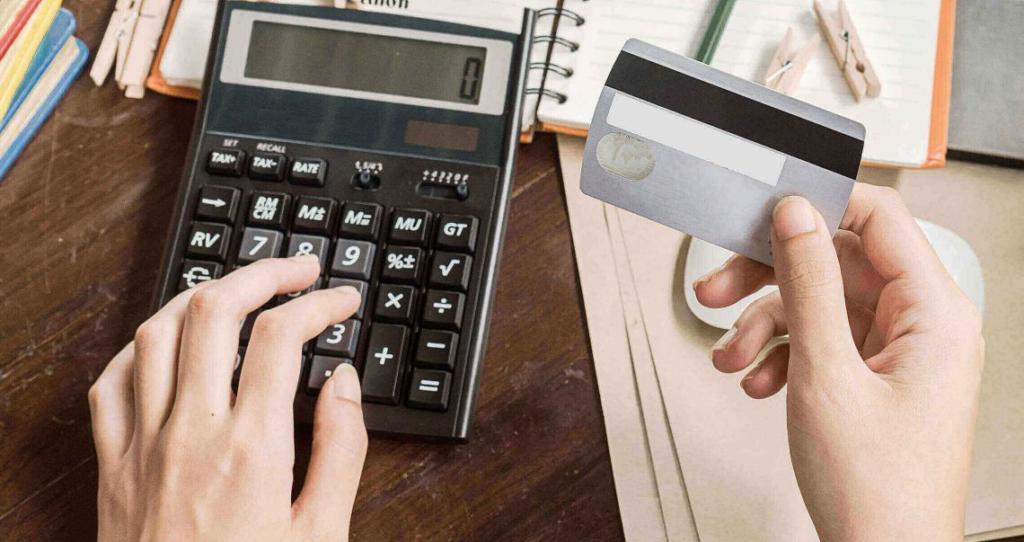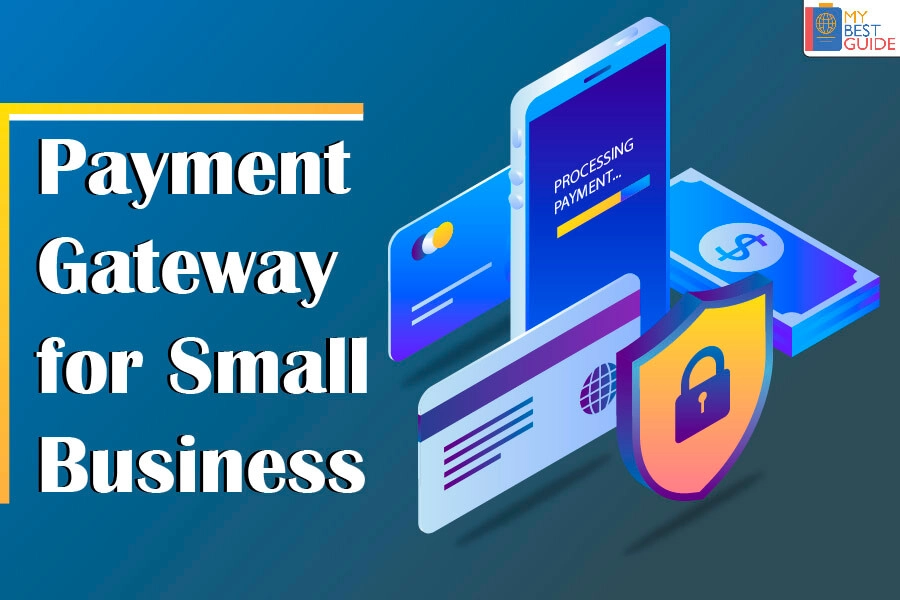AUTHOR : HANIYA SMITH
DATE : 09/10/2023
In today’s fast-paced digital world, small businesses are on the rise, and so is the need for efficient payment solutions. The emergence of payment gateways tailored for small transactions has revolutionized the way these businesses operate. This article explores the world of payment gateways[1] for small transactions,[2] shedding light on their significance, benefits, and how they can empower small businesses to thrive in the competitive market.
Understanding Payment Gateways
What Is a Payment Gateway?
A payment gateway[3] is a secure online tool that facilitates electronic transactions by connecting an online store or service provider with the customer’s payment method, typically a credit card or digital wallet. It plays a crucial role in authorizing and also processing payments.
The Importance of Payment Gateways
Small businesses often deal with smaller transaction[4] amounts, making it essential to have a payment gateway[5] designed specifically for their needs. Here’s why it matters:
- Security: Payment gateways offer robust security features, protecting both businesses and customers from fraudulent activities.
- Convenience: They provide a seamless and hassle-free payment experience, improving customer satisfaction.
- Speed: Transactions are processed in real-time, reducing waiting times and also ensuring swift order fulfillment.
- Global Reach: Payment gateways enable businesses to expand their reach globally, tapping into a broader customer base.
Benefits of Payment Gateways for Small Transactions
Streamlined Checkout Process
Small businesses can enhance the customer experience by offering a simplified checkout process.[1] With a payment gateway in place, customers can make quick and also secure payments without navigating through complex forms and multiple steps.
Enhanced Security Measures
Security is paramount in online transactions. Payment gateways are equipped with encryption and fraud prevention tools, safeguarding sensitive customer data and also financial information.
Choosing the Right Payment Gateway
Consider Transaction Fees

Small businesses often have tight budgets, so it’s crucial to evaluate the transaction fees[1] associated with different payment gateways. Look for options with competitive rates that align with your financial goals.
Integration and Compatibility
Ensure that the payment gateway you choose seamlessly integrates with your e-commerce platform or website. Compatibility issues can lead to technical glitches and also disruptions in the payment process.
Customer Support
Excellent customer support is invaluable, especially when dealing with financial transactions. Opt for a payment gateway provider known for responsive and also reliable support.
Scalability
As your small business grows, your payment processing needs may change. Choose a payment gateway that can scale with your business and also accommodate increased transaction volumes.[3]
Setting Up a Payment Gateway
Choose a Payment Gateway Provider
Research and compare different payment gateway providers to find one that aligns with your business needs and also budget. Popular options include PayPal, Stripe, and Square.
Create an Account
Common choices encompass well-known platforms like PayPal, Stripe, and Square. You’ll need to provide essential business information and also banking details for funds transfer.
Integration
Integrate the payment gateway with your e-commerce platform, website, or mobile app. Most providers offer easy-to-follow integration guides and also plugins for popular platforms like Shopify and WooCommerce.
Test Transactions

Before going live, conduct test transactions to ensure that the payment gateway is working correctly. Conduct trials in various scenarios, including but not limited to, successful transactions, payment declines, and also refund processes.
Go Live
Once you’re confident that everything is working as intended, you can start accepting real payments through your payment gateway.
Conclusion
Payment gateways[4] designed for small transactions are a game-changer for small businesses. They offer security, convenience, and efficiency, allowing these businesses to compete effectively in today’s digital market. By choosing the right payment gateway and also staying attuned to customer preferences, small businesses can take a significant step towards success.
FAQs
- Are payment gateways safe for small businesses? Yes, payment gateways are equipped with robust security measures to protect small businesses and their customers from fraud and also data breaches.
- Can I use a payment gateway for international transactions? Absolutely! Payment gateways offer global reach, enabling small businesses to accept payments from customers worldwide.
- Do payment gateways charge monthly fees? Some payment gateway providers charge monthly fees, while others operate on a transaction-based fee structure. It’s essential to choose a pricing plan that suits your business.
- What is the typical processing time for payments through a gateway? Payment gateways process transactions in real-time, ensuring that payments are authorized and also completed within seconds.
- Is it necessary to have a website to use a payment gateway? While having a website is common for e-commerce businesses, payment gateways can also be integrated into mobile apps or used through virtual terminals for phone orders.





